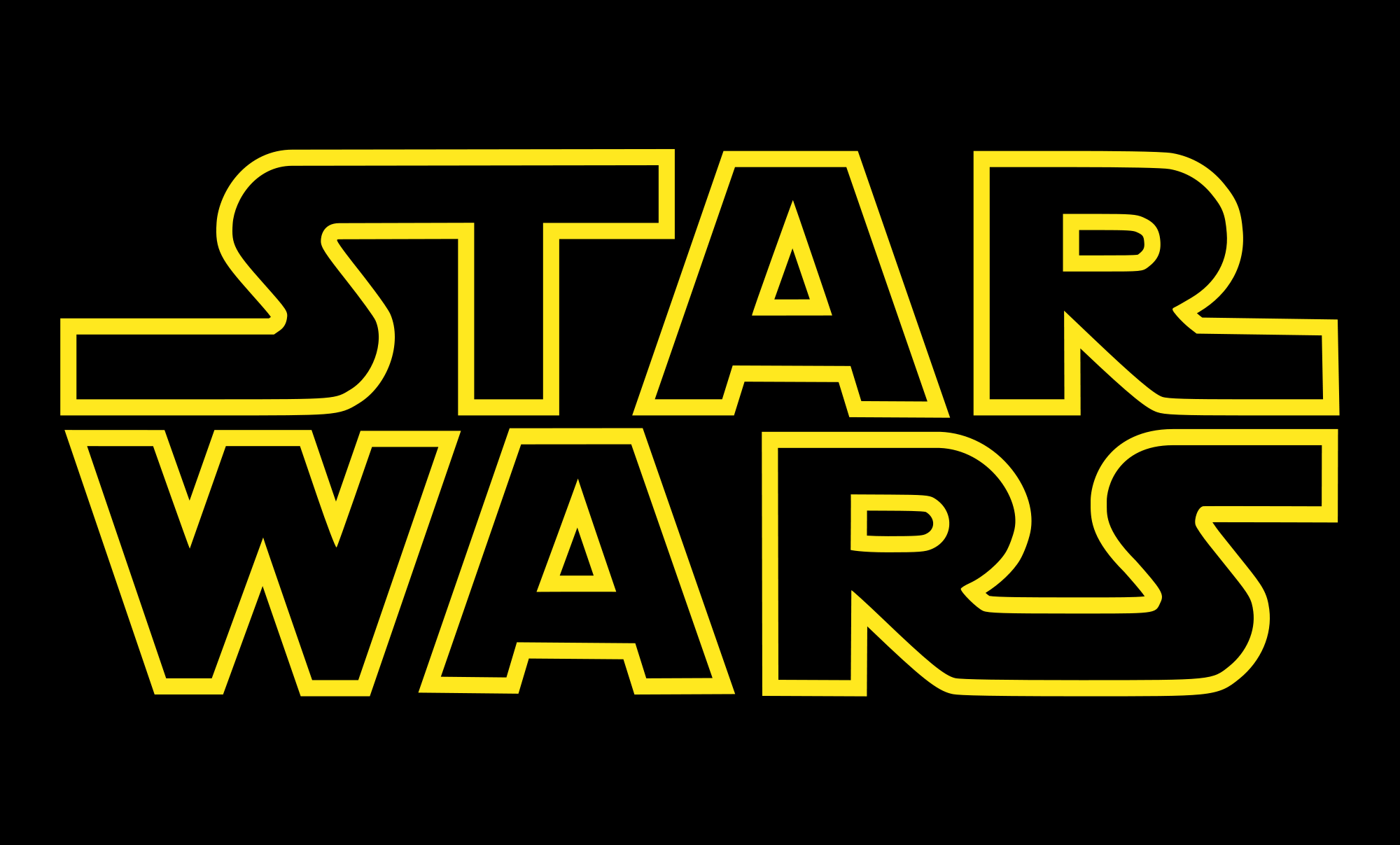If you’d told me a year ago that I would end up writing a book about “Star Wars,” I wouldn’t have believed you. But when my young son, Declan, fell for the movies, I got hooked. One reason is that the saga makes a series of claims about freedom — not only in politics and law but also in individual lives. If George Lucas had one thing to say, it’s this: You are free to choose. (That’s the title of a famous book by Milton and Rose Friedman, but it could also be the epigraph for “Star Wars.”)
You can take that as a claim about politics — about what distinguishes a republic from an empire (and I’ll get to that in later posts). But in “Star Wars,” it’s also an intimate claim about the pervasive presence of forks in the road.
Here’s Leia, speaking of Han’s apparent desertion of the rebellion in “A New Hope”: “A man must follow his own path. No one can choose it for him.” Here’s Obi-Wan to Luke, again in “A New Hope”: “Then you must do what you think is right, of course.” Here are Lucas’s own words: “Life sends you down funny paths. And you get many opportunities to keep your eyes open.”
In the original trilogy, Darth Vader tells Luke: “It is your destiny; join me and together we can rule the galaxy as father and son.” Wrong! The Emperor tells Luke: “It is unavoidable. It is your destiny. You, like your father, are now … mine.” Wrong again!
Click below to read the full article.

